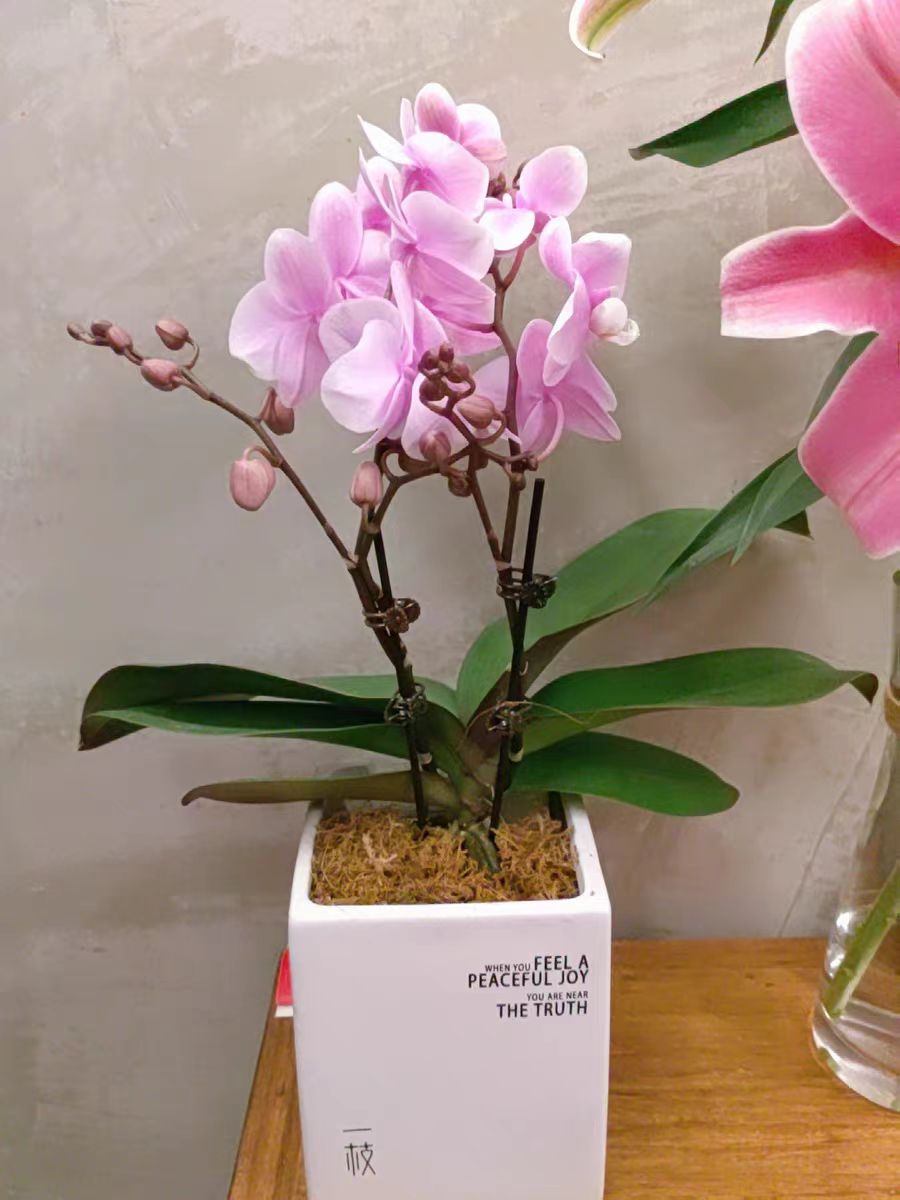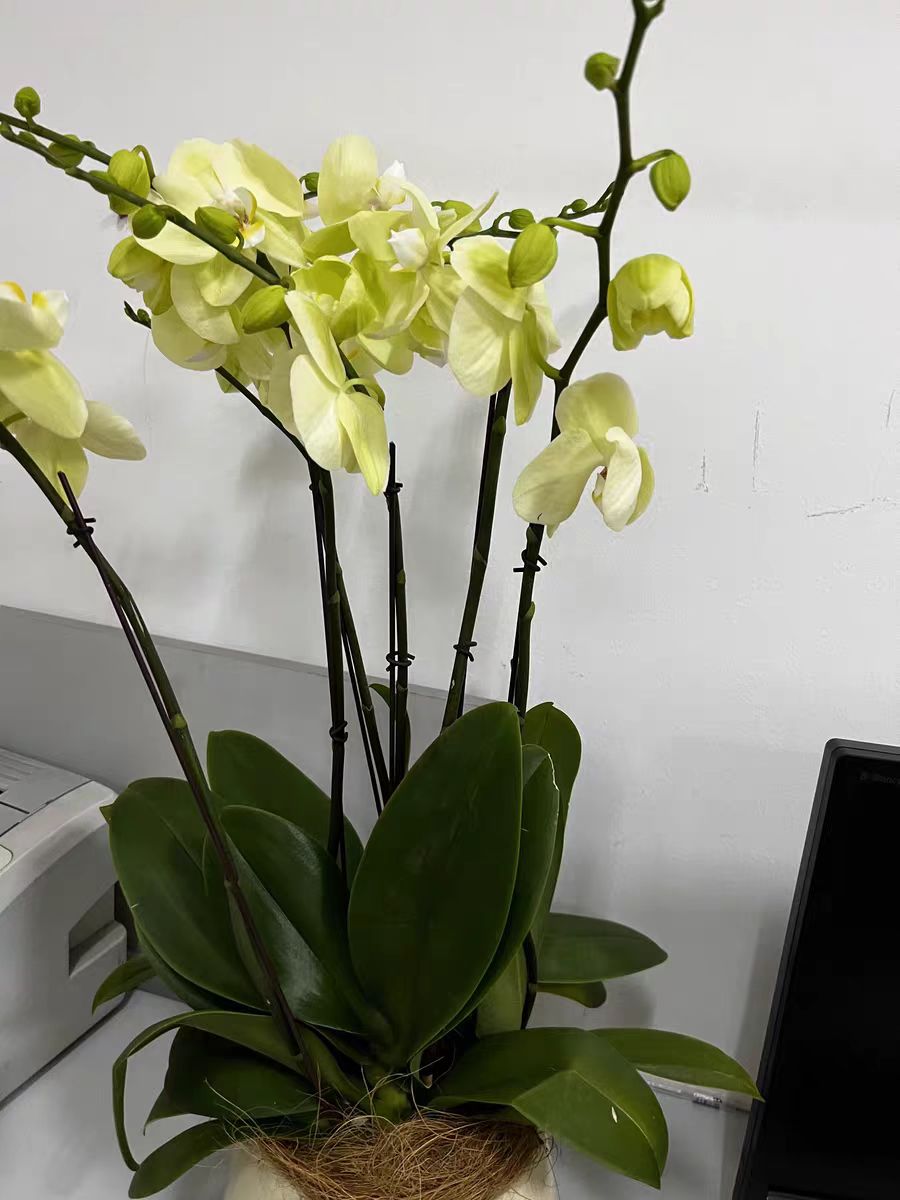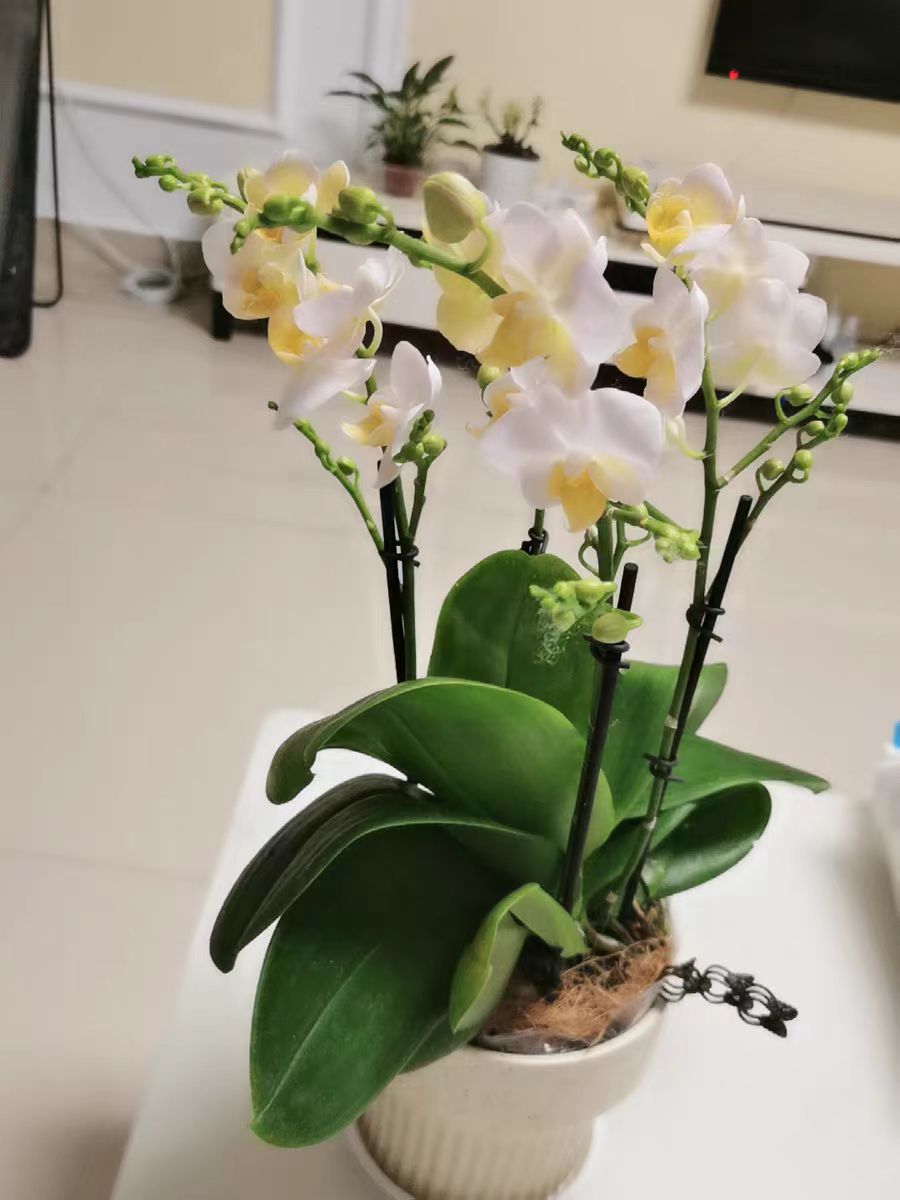Recently, the Pan American Health Organization (PAHO), an agency for disease prevention and control in the Americas, said that due to the rise in global temperatures and the influence of extreme weather beans, the number of dengue fever cases reported in the Americas in the first three months of this year has surged, which is three times that of the same period last year, and it is likely to encounter the most severe dengue fever epidemic season so far. With the increase in the number of cases, there has been a serious shortage of temporary labor in the coffee and other plantation industries, and the problem of shortage of human capital has become increasingly prominent.
It is reported that the director of PAHO said that as of March 16 this year, the number of dengue fever cases in the American continent is three times that of the same period last year, which has caused the death of more than 1,000 people. The most severely affected countries by dengue fever are Brazil, Paraguay, and Argentina. In addition, the number of cases in Guatemala, Costa Rica, and Mexico is also increasing.
According to statistics, the total number of dengue fever cases (including suspected cases) in Brazil nationwide has reached 2.32 million cases, which is close to 55,000 new cases added per day, and the number of deaths is 758. Earlier, Guatemala reported that there are currently 6,760 cases of dengue fever, including 31 severe cases and 3 deaths. A total of more than 3.5 million people in the Americas have been confirmed to be infected with the dengue fever virus, and the number of deaths exceeds 1,000.
In addition, the president of PAHO pointed out that there are multiple factors that lead to the aggravation of the dengue fever epidemic, among which the degree of correlation with environmental reasons is the highest, especially the frequent occurrence of extreme weather such as the increase in temperature, heat waves, droughts, or heavy rainfall in the first few months of this year in the Americas. These weather conditions are prone to the growth of mosquitoes. In view of the current severe situation, PAHO called on all countries to support dengue fever prevention work, increase efforts to eliminate the breeding grounds of mosquitoes. This is the main measure for the prevention of dengue fever. Because the dengue fever vaccine is still in a very early stage and the output of the vaccine is very limited.
Dengue fever is an acute infectious disease caused by the dengue virus, mainly transmitted by mosquito vectors, with typical symptoms including persistent fever, headache, muscle soreness, joint soreness, etc., which can be fatal in severe cases. Therefore, many public and private hospitals in many countries and regions are now overcrowded due to the dengue fever epidemic. Therefore, industry insiders in the coffee industry are very concerned about this. This is because it is close to April, which is the harvest period of the new coffee berries in Brazil and Guatemala. If the dengue fever epidemic still prevails, there will be a shortage of manpower, and it is currently during the Easter and Easter long holidays. Coffee growers are also concerned about the shortage of labor in the coffee picking season. A coffee grower said that the coffee picking season is approaching, but it is currently difficult to hire pickers, which may affect the coffee harvest.

In addition, due to the recent sharp increase in the number of dengue fever cases, many places have declared a state of public health emergency. Therefore, the Chinese Consulate General in Brazil has issued a notice to remind Chinese citizens in Brazil to pay close attention to the early warning information released by the Brazilian Ministry of Health, take relevant precautions, and use mosquito repellent drugs frequently when going out, and avoid staying in areas with many mosquitoes.





Leave a Reply